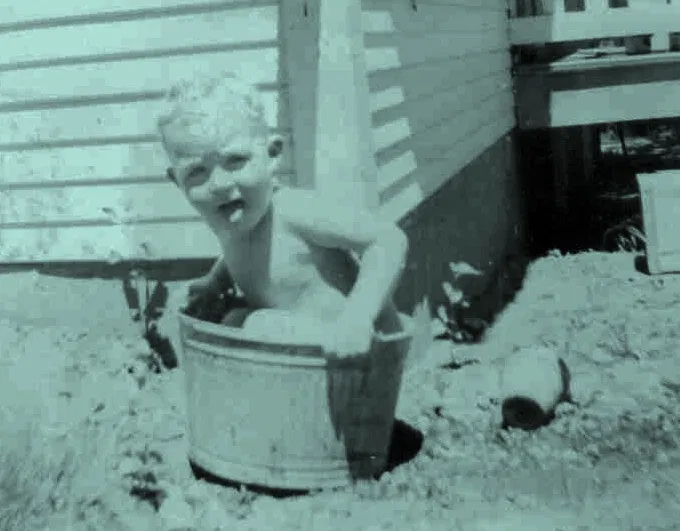WRITING PROMPTS FOR MEMOIR WRITERS WHO DON’T KNOW WHERE TO START
Often, aspiring memoir writers know they want to start telling their stories but are unsure of how to begin the process. I believe it’s important to get a few stories onto paper or into a document right away so you can begin seeing the themes and lessons that you will want to emphasize in your memoir or book of life lessons. Let me offer some writing prompts for you memoir writers who don’t know where to start in getting your story written.
Writing Prompt #1: Write the inspirational story of the moment in your life when you felt the most empowered. Use sensory detail—words that evoke sounds, sensations, visual images, and so on. What did it feel like to be in your body that moment when you spoke your truth? When you walked away from a bad situation? When you felt completely at one with the universe? When you knew you were okay, for the first time in a very long time? When you knew you had achieved success? (This story may end up being at the very beginning of the book.)
Writing Prompt #2: Write a story of being a young child playing. What toy were you playing with, and why did you enjoy playing with it? Use sensory detail. What did it feel like to lie on the rug in your family’s living room, or sit on the linoleum in your family’s kitchen, as you played? What were you imagining? What were you feeling? (This exercise can be very effective for drawing out of your unconscious mind a story that tells us something about who you are as an adult, what you value, and what the themes of your story are.)
Writing Prompt #3: Tell a funny story that captures your sense of humor. It could be a recent story or an old one from your childhood. Make sure that this story reveals your vulnerability, so that the reader relates to you person to person instead of just seeing you as an expert or leader.
After writing these stories, read them aloud. Make any changes to the writing you feel are necessary. Edit these stories as best you can, checking spelling and grammar.
Begin to think about what these stories have in common. What are your strengths, weaknesses, and interests as revealed in these stories? What, if anything, do your stories say to a reader about how you overcame challenges? What do they tell people about your personality?
All memoirs need a narrative arc. We need to see progress in the story as it takes us from the beginning, through the middle, and to the end. We need to watch you come of age, learn to run a successful business despite humble beginnings and mistakes along the way, grow into a person who has come to peace with your past and developed wisdom and a sense of clarity and purpose, and so on. Think about how you would sum up your memoir in a sentence. How would you describe it using two paragraphs that might be found on the back of the book or on the Amazon page for the book? Look at other books for examples.
Once you done some of the writing and started to get a sense of what the central story of your memoir is, think about whether you want to write a memoir, a life lessons book, or a self-help book with takeaway exercises and perhaps even an action plan for developing new habits. Do you want to write a personal history for yourself, your family, and your close friends, and perhaps mine it for stories to use in another book, such as a book related to your business as a speaker and consultant, or in a memoir about one specific time in your life?
Whether your plan is to publish the book for yourself and your family and friends, for a larger audience that includes fans of your work as an expert in your field, begin your writing today with these writing prompts for memoir writers. Even if you end up doing a life lessons book or a self-help book, you will be glad you wrote up these stories. Doing so will help you get a better sense of how to integrate your personal anecdotes into the book you want to write. A professional developmental editor or ghostwriter can better help you if you have put some time into writing some stories and putting some thought to the central story of your memoir. You will have an easier time conveying your vision of your memoir once you have written some of the stories, so be sure to get started with these memoir writing prompts!
(Do you want to know more about the difference between a developmental editor and a ghostwriter? A ghostwriter actually writes drafts of chapters. A developmental editor works with written material such as rough drafts of manuscripts or chapters. You can learn more about developmental editing by watching my video on cut-and-paste editing, available on YouTube.)


Nancy Peske is a ghostwriter, developmental editor, and book publishing consultant who has done editorial work on books including bestsellers and award-winners for over 30 years.